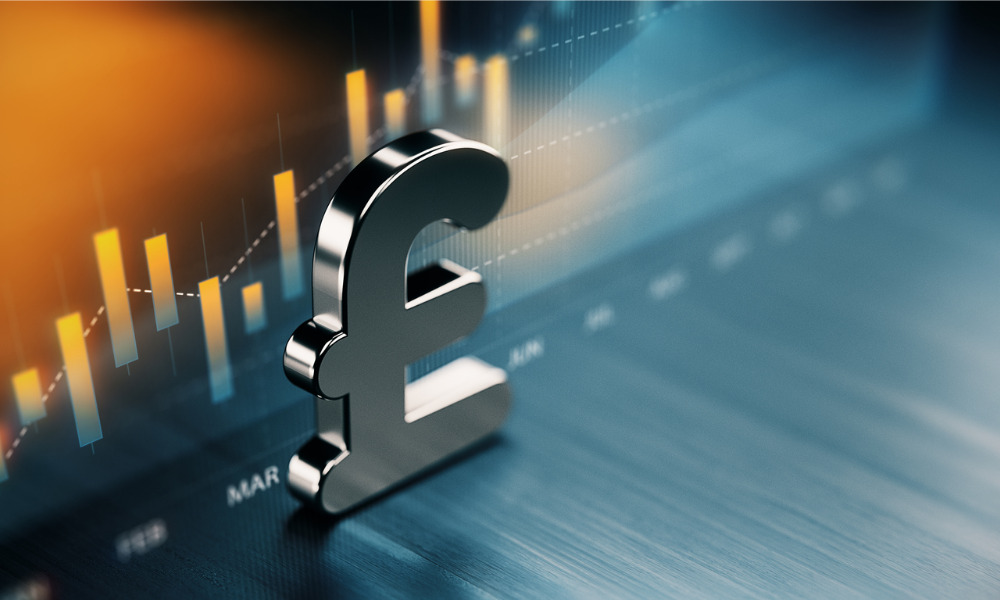Experts explain what this fall could entail

The pound plunged to an all-time low against the US dollar on Monday, just days after the new government announced the biggest tax cuts in decades.
The currency dropped by as much as 4.7% to $1.035 early in the morning before rebounding to $1.07 by mid-morning. The fall is mostly attributed to Chancellor Kwasi Kwarteng’s announcement on Friday of a number of tax cuts aimed at boosting the economy.
The pound has been under pressure, falling 22% since the start of the year versus the dollar. But the currency is not only weakening when compared with the strong US dollar, as it also fell by 3.7% to €1.0787 against the euro on Monday.
City investors are expecting immediate intervention from the Bank of England to prevent the UK from further sliding into a currency crisis. The UK’s central bank could potentially decide on an emergency interest rate rise before the next scheduled meeting of its Monetary Policy Committee in November.
Read more: Bank of England makes interest rate announcement.
Graham Cox, director of Bristol-based Self Employed Mortgage Hub, believes that if the pound falls any further, “it’s almost certain the Bank of England will be forced to step in and hike the base rate again, probably by at least 0.75% on top of the 0.5% increase last week.”
“Unless the government steadies the ship, we’re heading for a house price crash of 20-40% over the next couple of years,” Cox warned. “There are 1.8 million borrowers coming off fixed-rate deals next year. They simply won’t be able to afford the mortgage payments, forcing them to sell or be repossessed.”
“If foreign investors lose confidence in the country, its government and economy, which is happening at scale, Sterling could fall much further and the fallout will be devastating,” Philip Dragoumis, owner of London-based wealth manager Thera Wealth Management, said. “This will keep inflation higher for longer and growth lower.
“So far this year, Sterling has primarily fallen against the dollar, and this is because the greenback has been strong against all currencies. Unfortunately, as oil prices and other commodities are priced in dollars, this keeps inflation high for us.
“However, Sterling has also fallen against the euro this year, making our imports from Europe more expensive. All this is despite the UK having higher interest rates than Europe as higher rates attract savings and inflows into the currency. The UK has a trade deficit with the rest of the world, meaning it imports much more than it exports. It needs to attract capital to fund this gap and right now it is doing the exact opposite.”
For Lewis Shaw, founder of Mansfield-based Shaw Financial Services, the situation is “getting very serious.”
“Imports will become more expensive as Sterling tanks because a lot of our imports are denominated in dollars,” he said, echoing Dragoumis’ concerns. “This will feed into higher inflation through rising costs, which the Bank of England is mandated to deal with.
“Put simply, it means more base rate hikes which feed into swap rate markets, ultimately ending up as higher mortgage rates. As I’ve already said, it really is time to buckle up. It’s going to be one hell of a ride.”



